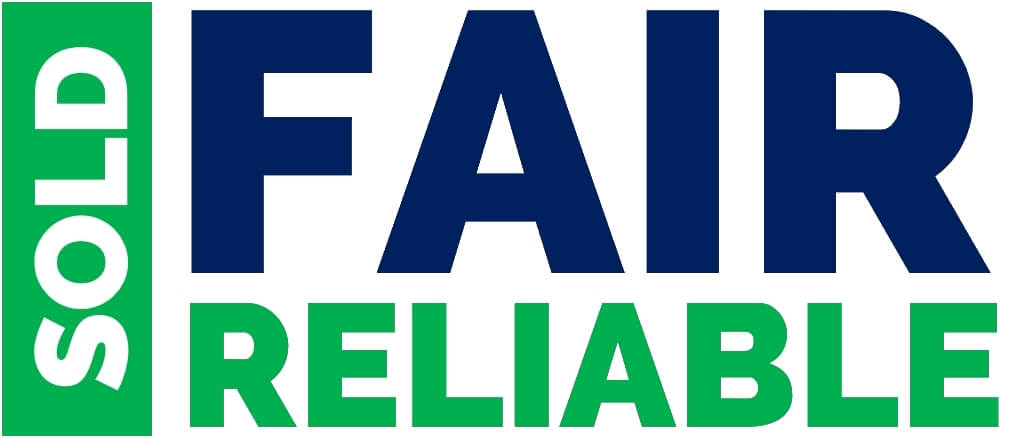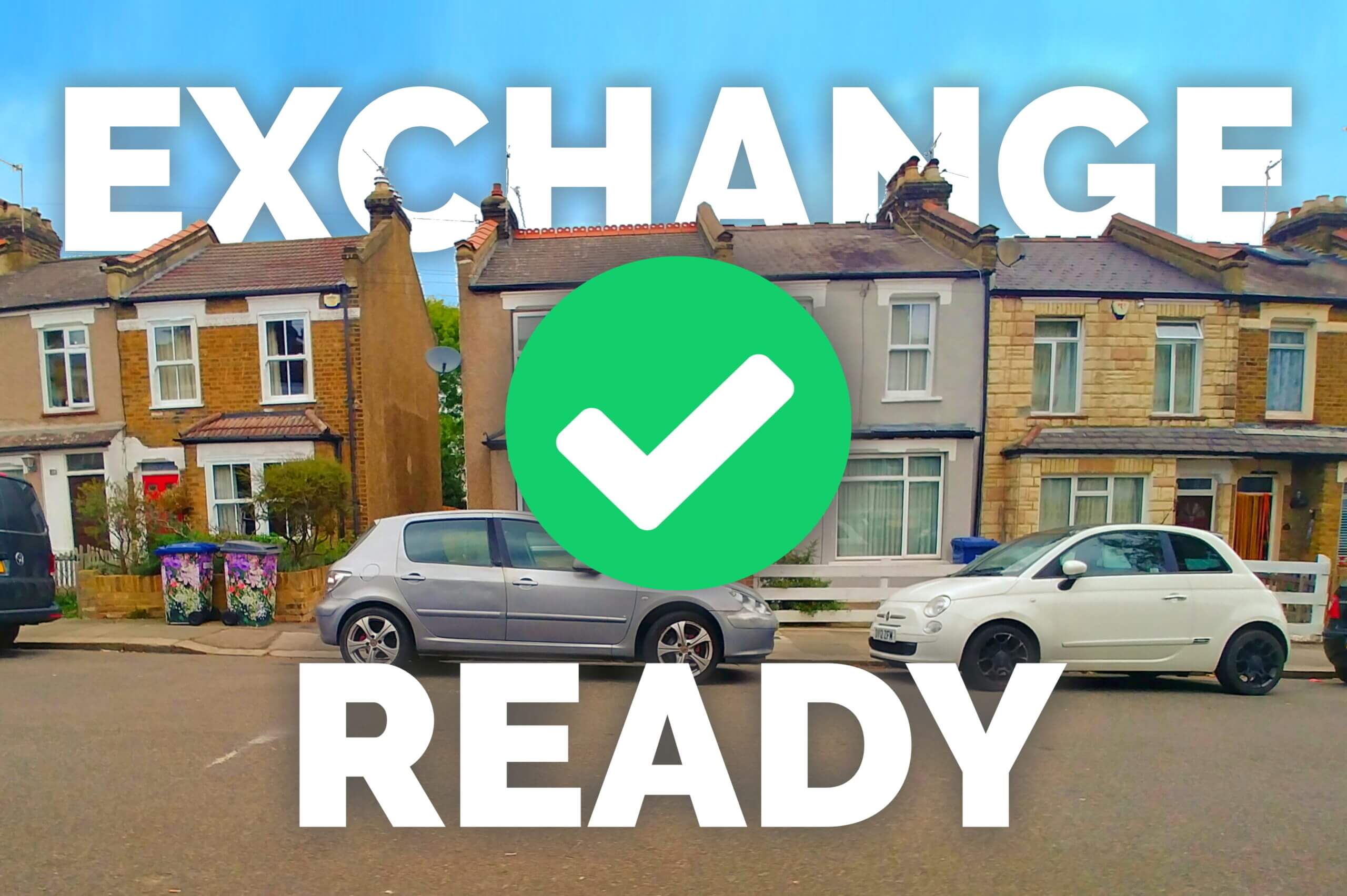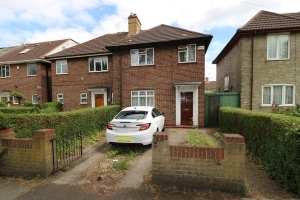Selling a mixed-use property – steps to take
Request a free & no-obligation auction sale price estimate
- Cost effective
No upfront fee & sell for free options - Quick
Sell your home by auction in as little as 28 days - Secure & reliable
Legally binding sale on auction day - Fair & transparent
Sold to the highest bidder
For your peace of mind we are a member of The Property Ombudsman


Selling by auction is quick and easy. Request a no-obligation auction sale estimate for your mixed-use property.
- Reliable
- Fast
- Secure
Interested to learn more about selling your property by auction?
Talk to our team on 0800 862 0206
Home: Auction Link » Property Types » Selling a Mixed-Use Property
Introduction: Selling a Mixed-Use Property
Jump to section: Frequently Asked Questions
Due to their dual nature, mixed-use properties are subject to different regulatory and tax treatments, as well as distinct buyer demographics. Their sale requires careful consideration of planning laws, tax implications, financing constraints, and buyer demand. This article explores the key factors affecting the sale of a mixed-use property, offering both technical insights and layman-friendly explanations.
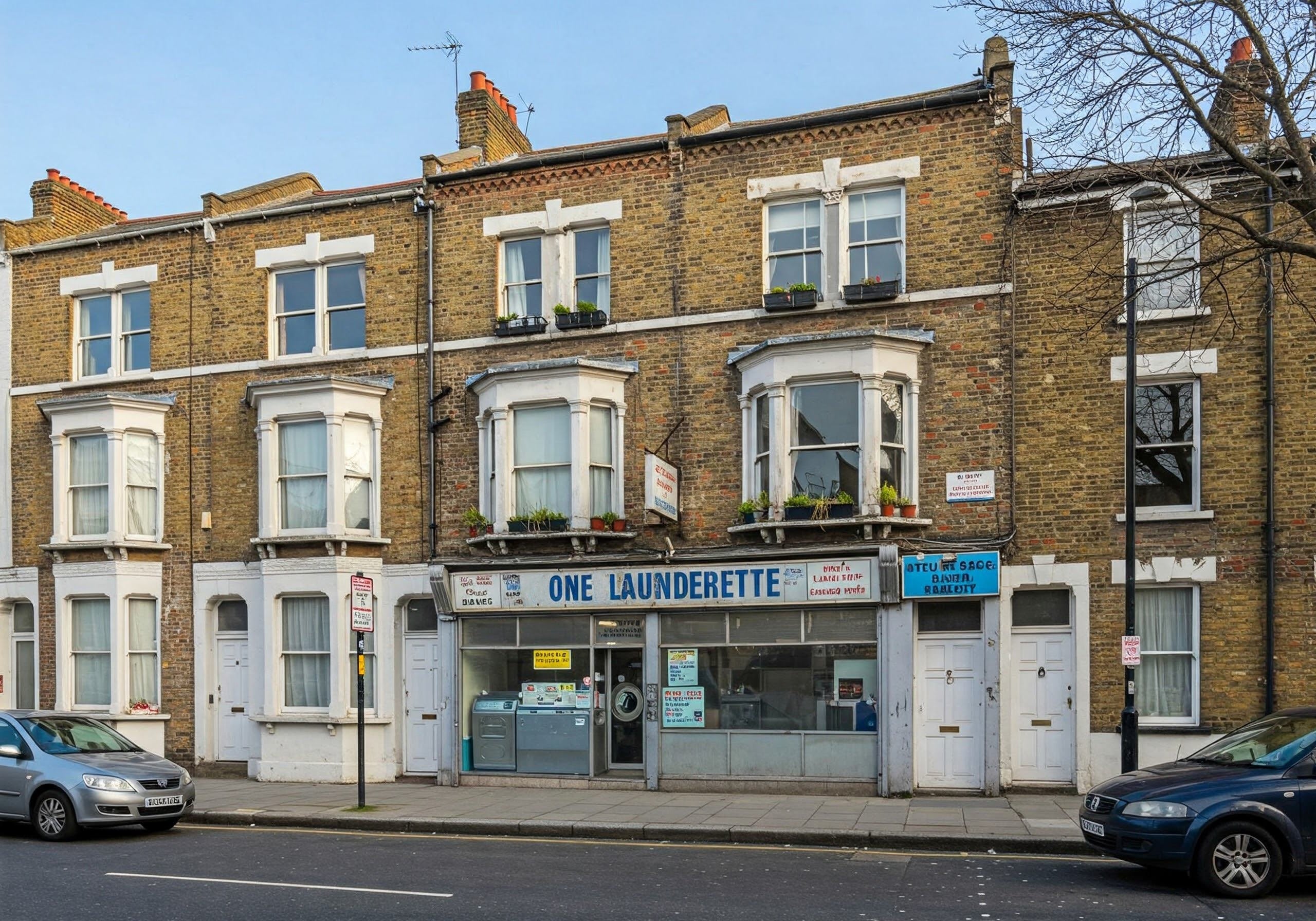
Valuing a Mixed-Use Property
Valuing a mixed-use property (a property with both residential and commercial elements) is more complex than valuing a standard residential or commercial property. It requires considering both income streams, market conditions, planning constraints, and buyer demand.
A mixed-use property’s value is influenced by both the residential and commercial components, which may have different market trends and buyer types. Some key valuation methods include:
- Income-based valuation (investment approach) – Used when the property is bought as an income-generating asset.
- Comparable sales valuation – Used when there are sufficient similar mixed-use property sales in the area.
- Residual valuation – Used if the buyer plans to convert part or all of the property into another use.
A. Investment Valuation (Income-Based)
- Common for buy-to-let investors or landlords.
- Based on rental income from both the commercial and residential parts.
- Uses a capitalisation rate (yield) to determine the property’s market value:
The equation to determine a property’s market value using the capitalisation rate (cap rate or yield) is:
- Net Operating Income (NOI) = Total rental income – Operating expenses (excluding financing costs).
- Capitalisation Rate (Cap Rate) = The expected rate of return on the investment property, expressed as a percentage.
If a property generates an NOI of £50,000 per year and the Cap Rate is 5% (0.05), then:
This means the estimated market value of the property is £1,000,000.
- A secure tenant with a long-term lease (e.g. 10-15 years) will increase the valuation.
- Higher-risk tenants (e.g., independent retailers) result in lower yields and a lower valuation.
Example Calculation
- Commercial Rent = £20,000 per year
- Residential Rent = £15,000 per year
- Total Annual Rent = £35,000
- Capitalisation Rate (Yield) = 7%
- Property Value = £35,000 ÷ 0.07 = £500,000
The yield varies by location and sector:
- Prime London areas: 4%-6%
- Regional towns: 6%-8%
- Riskier locations 8%+
B. Comparable Sales Valuation
- Used when there are sufficient sales of similar mixed-use properties in the area.
- Difficult if there are few recent transactions.
- Adjustments needed for differences in:
- Size and condition
- Tenant quality
- Lease terms
- Location (e.g., high street vs. secondary road)
C. Development & Conversion Potential (Residual Valuation)
If the property has potential for redevelopment, valuation considers:
- The expected end value after conversion.
- The costs of conversion or development.
- Developer’s required profit margin.
Example: Converting a shop into a residential flat
- End Value of Flats After Conversion: £700,000
- Conversion Costs: £150,000
- Profit Margin for Developer: £100,000
- Max Purchase Price: £700,000 − £150,000 − £100,000 = £450,000
A buyer looking to redevelop would not pay more than £450,000.
Impact of Factors on Mixed-Use Property Valuation
| Factor | Impact on Value |
|---|---|
| Strong commercial tenant with a long lease | Increases value |
| Vacant commercial unit or short lease | Lowers value |
| Located in a high-demand residential area | Increases value |
| Poor location for residential conversion | Lowers value |
| Favorable planning permission for redevelopment | Increases value |
| High business rates on commercial unit | Lowers value |
| Difficulties obtaining a mortgage | Lowers value |
| Strong rental income from both parts | Increases value |
Short on time?
If you don’t have the time to read this article in full, we can come back to you with a free auction appraisal, to help you decide if selling by auction is a good option for you. Request a free estimate and we’ll come back to you.
Planning and Use Class Considerations
Use classes determine how a property can be used. The key applicable use classes for mixed-use properties are:
- Class E – Commercial, Business & Service (e.g., shops, offices, cafes)
- Class C3 – Residential Dwellings (e.g., flats, houses)
- Sui Generis – Unique uses that do not fall within the standard classes (e.g., takeaways, pubs)
Opportunity to Convert to Residential
In some cases, converting a mixed-use property into fully residential use can increase its value. Residential properties typically attract a broader pool of buyers and are easier to finance with traditional mortgages. However, conversion may lead to a loss of commercial rental income, which could negatively impact overall profitability.
The financial benefits of conversion depend on local market conditions. In areas with strong residential demand, a fully residential property may be worth significantly more than a mixed-use property, as more buyers can obtain traditional mortgages rather than needing specialist commercial finance. Additionally, some buyers may be willing to pay a premium for residential space, particularly in high-demand urban areas where housing is scarce.
Conversely, if the commercial aspect of the property is profitable, eliminating it in favour of residential use could reduce overall investment returns. This is especially true in thriving retail or office districts where business rental income may exceed potential residential rental yields.
Some conversions can be done under Permitted Development Rights (PDR), particularly if the commercial space falls under Class E. This allows for a streamlined conversion process without full planning permission. However, if PDR does not apply, a Change of Use planning application must be submitted to the Local Planning Authority (LPA). Councils may reject conversions that:
- Reduce employment space in high-demand commercial areas.
- Negatively impact the local economy.
- Fail to meet residential quality standards (e.g., inadequate light or ventilation).
Certain areas, particularly conservation zones and Article 4 Direction areas, have stricter rules, and PDR may be revoked. As such, checking with the local authority before attempting to change use class is essential to avoid costly planning issues.
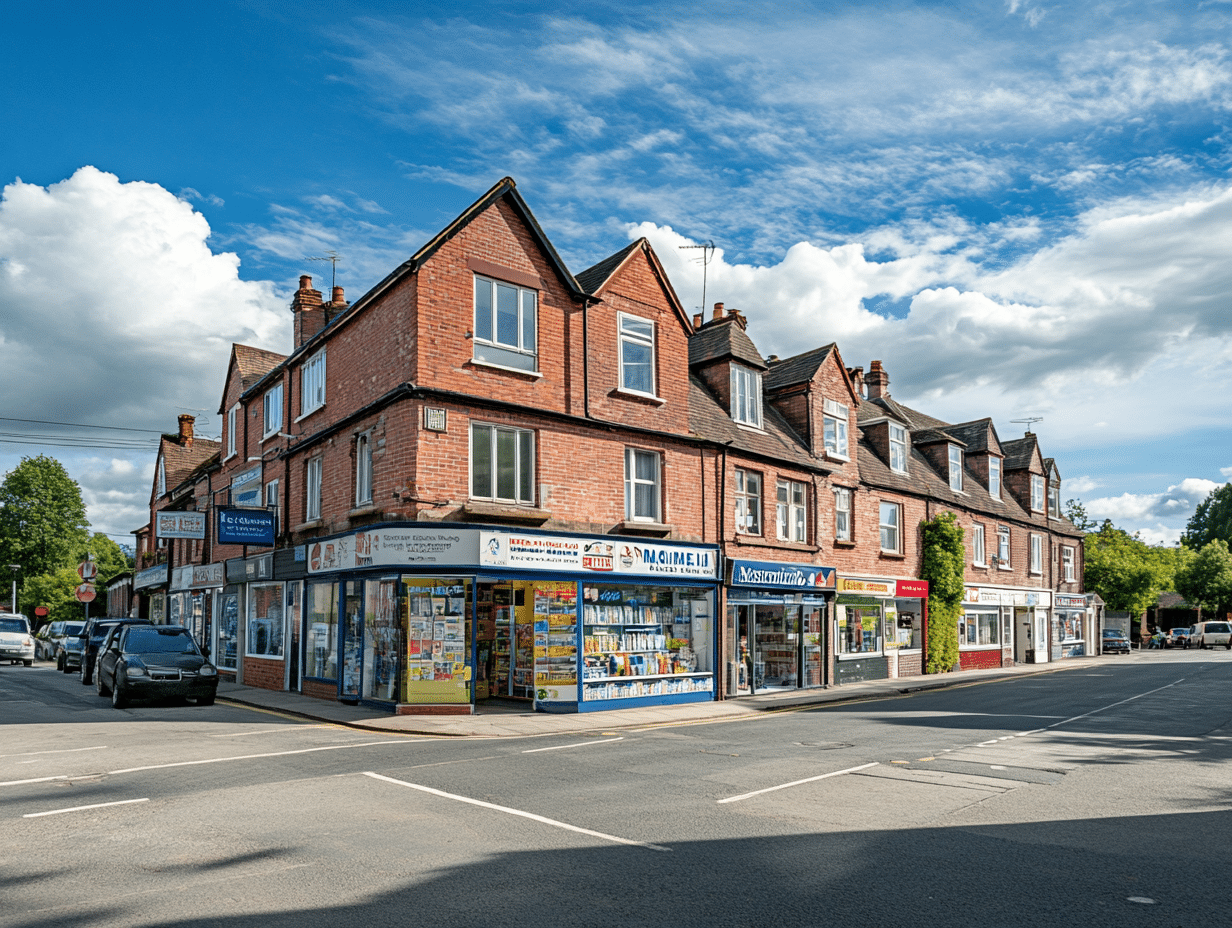
Tax Implications
Stamp Duty Land Tax (SDLT)
Mixed-use properties often attract non-residential SDLT rates, which are generally lower than standard residential SDLT rates. However, buyers may attempt to structure purchases to minimise SDLT liability. Understanding whether the property falls under residential or non-residential SDLT is crucial, as misclassification can result in unexpected tax liabilities.
Capital Gains Tax (CGT)
- If an individual sells a mixed-use property, CGT may apply to any profit made. The taxable gain is calculated by deducting the original purchase price and any allowable costs (e.g., improvements) from the sale price.
- If a company sells the property, gains are subject to Corporation Tax, which may differ from individual CGT rates.
- Entrepreneurs’ Relief (now Business Asset Disposal Relief) may reduce the CGT liability in some cases, particularly if the commercial part of the property was used in a trading business.
- CGT may be calculated differently for the residential and commercial portions, requiring a careful breakdown of property valuation at the time of sale.
VAT Considerations
- Some mixed-use properties are subject to VAT, particularly if the commercial unit has been “opted to tax.” This means that VAT at the standard rate (currently 20%) may be applicable on the sale of the commercial portion.
- VAT may not apply if the sale qualifies for Transfer of a Going Concern (TOGC) treatment. This typically applies if the property is sold as part of an ongoing rental business and the buyer is VAT-registered.
- Sellers should confirm whether VAT is standard-rated, exempt, or falls under TOGC, as this impacts both pricing and buyer interest.
Business Rates vs. Council Tax
- The commercial element of a mixed-use property is typically subject to business rates, while the residential portion falls under council tax.
- If the commercial unit is converted into residential use, the owner may need to apply for revaluation to ensure the correct tax classification.
- Some small businesses may qualify for business rates relief, which can make the commercial element more attractive to potential buyers or investors.
Given the complexity of tax regulations surrounding mixed-use properties, sellers should seek professional tax advice to ensure compliance and optimise their tax position when selling.
Selling a Tenanted Mixed-Use Property
Selling with Tenants in Place
A mixed-use property with tenants can be attractive to investors, as it provides immediate rental income. However, selling with tenants in place versus selling a vacant property comes with distinct advantages and challenges.
+ Pros of Selling a Tenanted Property:
- Immediate Income Stream for Buyers – Investors looking for rental yield are more likely to be interested in properties with existing tenants, as they can generate income from day one.
- Proven Rental History – A tenanted property provides documented rental income, making it easier to value the investment potential.
- Less Risk for Buyers – Buyers purchasing for investment purposes may find a fully let property less risky, as they do not need to search for tenants immediately.
- Commercial Tenant Stability – If the commercial lease is long-term and with a strong covenant, it can enhance the property’s value and make it more attractive to lenders.
– Cons of Selling a Tenanted Property:
- Limited Buyer Pool – While investors may be interested, owner-occupiers or those wanting to redevelop the property may be discouraged if tenants are in place.
- Lease Terms Can Affect Valuation – A commercial lease with unfavourable terms (e.g., low rent, break clauses, or short remaining duration) can negatively impact the property’s sale price.
- Tenant Cooperation – Viewings and inspections may be more challenging if tenants are uncooperative or if their presence affects the property’s presentation.
- Legal Considerations – A buyer must inherit existing lease agreements, which may have complex terms that could impact their intended use of the property.
+ Pros of Selling a Vacant Property:
- Broader Buyer Market – Without tenants, the property can appeal to investors, developers, and owner-occupiers.
- Flexibility for Buyers – Buyers can choose how to use or redevelop the space without being bound by existing leases.
- Potential for Higher Sale Price – In areas where owner-occupiers drive demand, selling vacant can result in a higher sale price compared to a tenanted investment sale.
- Easier Financing – Some lenders may prefer financing vacant properties over tenanted ones, particularly if the lease terms are complex or the commercial tenant is considered high-risk.
– Cons of Selling a Vacant Property:
- No Immediate Income – Without tenants, the property does not generate income, which can deter some investors.
- Higher Holding Costs – Until the sale is completed, the owner must cover council tax, business rates (if applicable), maintenance, and security costs.
- Risk of Vandalism or Degradation – Vacant properties are more susceptible to damage, vandalism, or squatting if not properly secured.
The decision to sell a mixed-use property tenanted or vacant depends on the target market and the specific circumstances of the property. If the existing tenancy agreements are favourable, selling with tenants in place may be the better option for attracting investors. However, if the property would be more valuable without tenants—such as when targeting owner-occupiers or developers—vacating the premises before sale might yield better results.
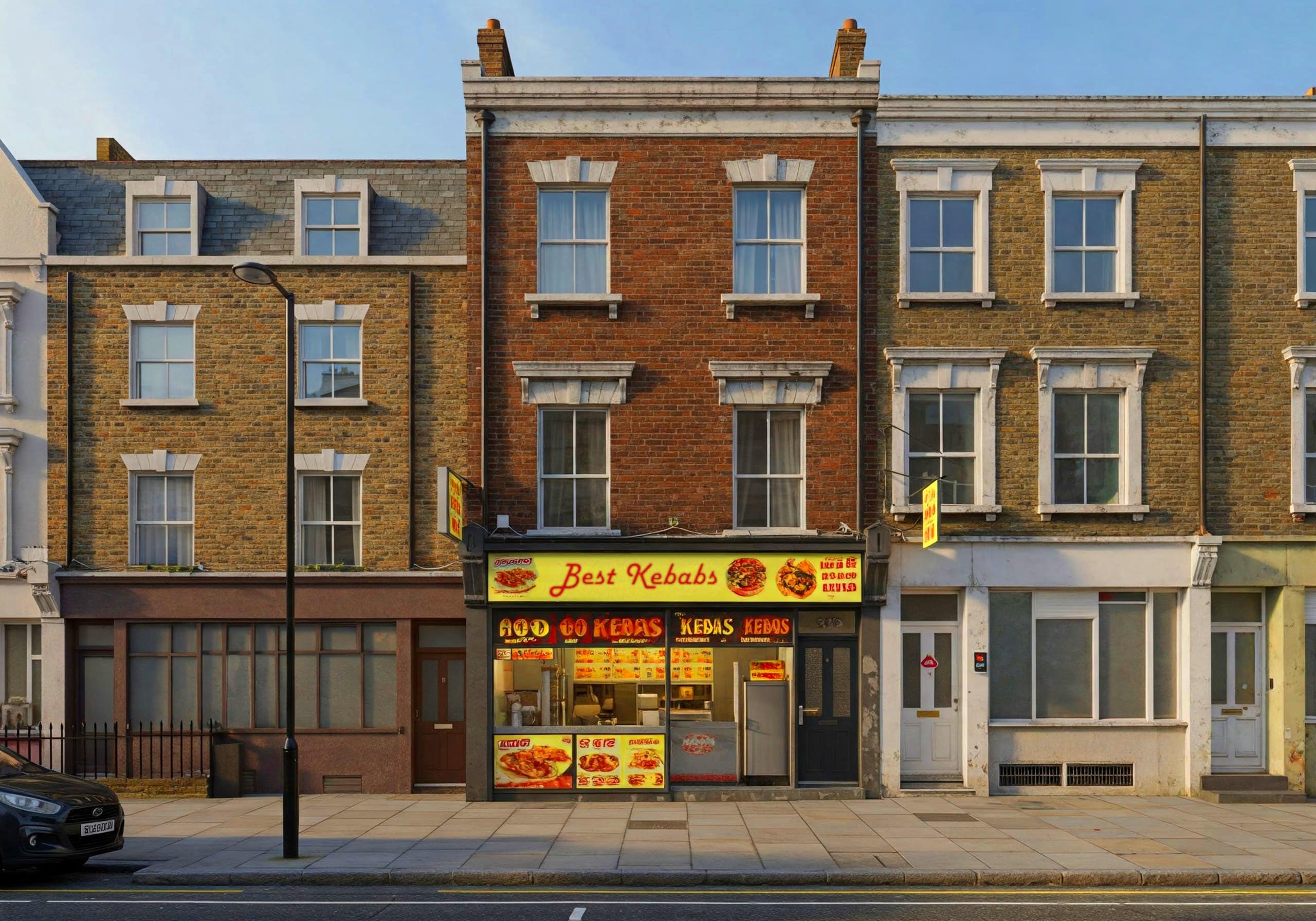
Financing Challenges for Mixed-Use Property
Lenders typically view mixed-use properties as higher risk than purely residential assets due to their combined residential and commercial nature. As a result, financing can be more complex and may require specialist lending solutions. Key financing challenges include:
- Limited Mortgage Availability – Traditional residential mortgage providers may not finance mixed-use properties, as they fall outside standard lending criteria. Instead, buyers may need to seek commercial or specialist mixed-use mortgages.
- Higher Deposit Requirements – Commercial mortgage lenders typically require larger deposits (25-40%) compared to standard residential mortgages (10-15%). This can make purchasing a mixed-use property less accessible for buyers who lack significant capital.
- Higher Interest Rates – Commercial lending rates tend to be higher than residential mortgage rates, reflecting the perceived risk associated with mixed-use properties.
- Separate Financing for Different Elements – Some lenders may require financing to be split between the residential and commercial portions, which can complicate the application process and increase costs.
- Valuation Challenges – Mixed-use properties require specialist valuations, as lenders must assess both the residential and commercial components. The complexity of valuing different revenue streams and property functions can slow down the financing process.
- Restrictions on Mortgage Terms – Many commercial lenders impose shorter loan terms (e.g., 15-25 years) compared to standard residential mortgages (e.g., 25-35 years), which affects monthly repayment costs and affordability for buyers.
- Tenant-Dependent Lending Criteria – If the property is tenanted, lenders may assess the financial stability of the commercial tenant. Long-term leases with strong tenants can improve mortgage terms, while short-term or unstable leases may deter lenders.
- Impact of Planning Use and Future Conversion – Lenders may consider whether the buyer intends to retain the mixed-use status or convert the property into fully residential or commercial use. Some financing options may only be available for certain use classes.
Given these challenges, potential buyers should consult mortgage brokers or specialist lenders with experience in mixed-use property financing to explore the best borrowing options available.
Legal Complexities
Mixed-use properties require specialist conveyancing solicitors who understand both residential and commercial property law. These properties pose additional legal challenges compared to single-use properties, necessitating thorough due diligence before and during the sale process. Key legal considerations include:
Lease Agreements and Tenant Rights
- Commercial and residential tenants are subject to different legal protections, with commercial leases often providing greater flexibility to landlords, while residential tenants have statutory rights under the Landlord and Tenant Act 1985.
- A potential buyer must inherit any existing leases, meaning the terms of the lease—including rent reviews, break clauses, and repairing obligations—must be carefully examined.
- If a tenant wants to vacate the property before sale, they may need to negotiate lease terminations or follow legal eviction procedures, which can be time-consuming.
Title and Ownership Issues
- Mixed-use properties may be registered under a single title or separate titles for residential and commercial elements. Some buyers may prefer separate titles, which could necessitate a title split before sale.
- Restrictive covenants or easements affecting either the commercial or residential component could restrict how the property is used, impacting its marketability.
Planning and Use Class Considerations
- Any past or pending planning applications should be reviewed, as they may impact future development potential.
- If the property has undergone previous changes of use without proper planning permission, retrospective approval may be required to avoid legal disputes.
- Article 4 Directions may restrict permitted development rights, requiring full planning permission for certain modifications.
Local Authority Compliance and Regulations
- Mixed-use properties must adhere to building regulations for both commercial and residential elements, ensuring safety and habitability standards are met.
- Some local councils impose restrictions on converting commercial units to residential to protect business premises, meaning buyers may need planning approval before repurposing spaces.
- Fire safety regulations and accessibility laws vary between residential and commercial properties, requiring compliance checks before a sale.
Environmental and Liability Concerns
- Commercial elements may have environmental liabilities, such as contamination risks from past industrial use, requiring environmental assessments.
- Some lenders may require a Phase 1 Environmental Report to assess potential contamination risks before approving financing.
Legal Documentation and Due Diligence
- Sellers must provide a comprehensive legal pack, including leases, planning permissions, building control certificates, and service charge details, to facilitate a smooth sale process.
- Buyers and lenders may require a full legal review before completing the purchase, which can extend transaction timelines.
Given the complexity of legal matters surrounding mixed-use properties, working with an experienced property solicitor is essential to avoid legal pitfalls and ensure a smooth transaction.
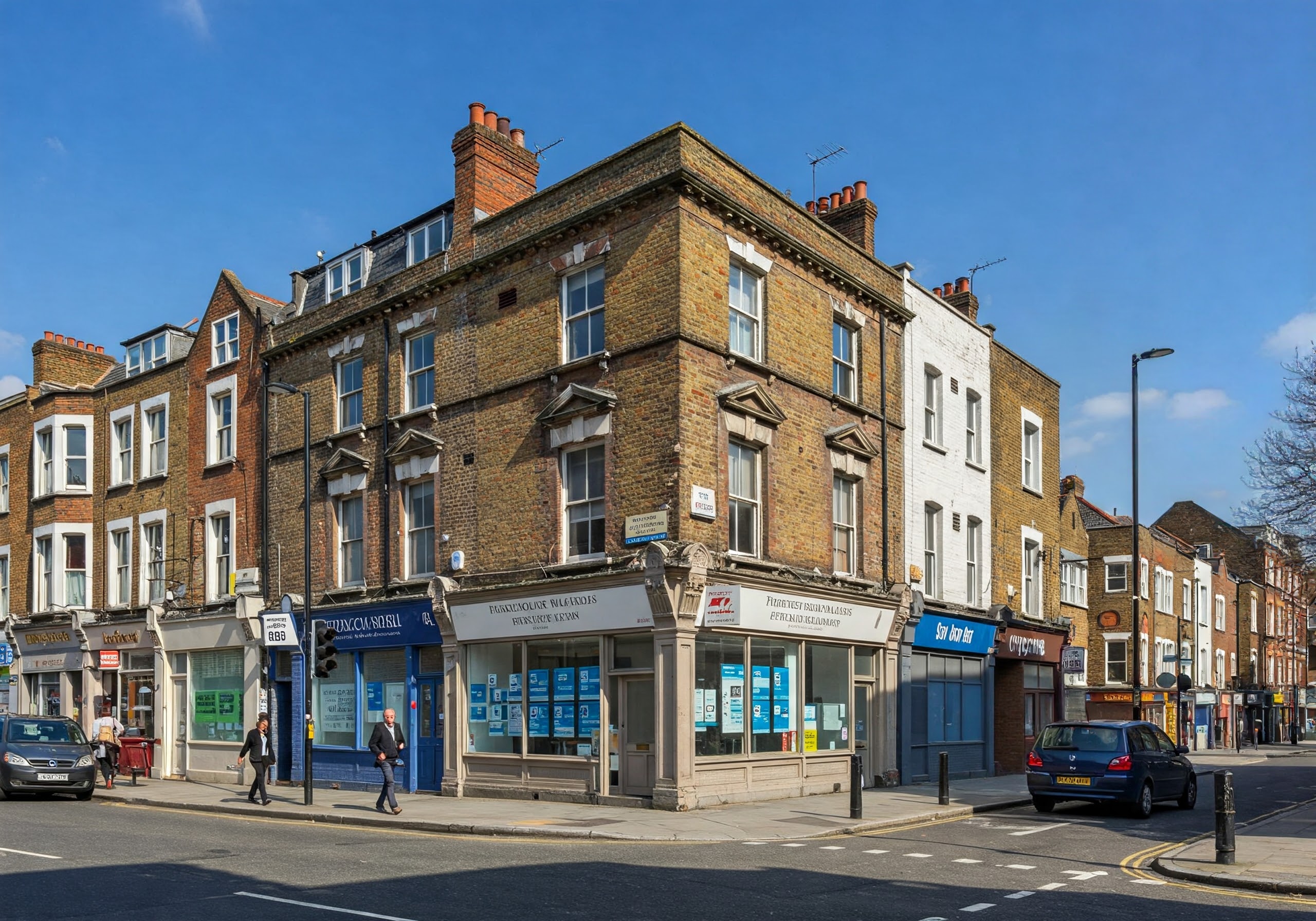
Read our guide to selling a flat above commercial premises
Our guide is designed to assist homeowners in navigating the sale of flat above commercial premises, and the pros and cons of selling by auction.
Read more about selling a flat above commercial premises by auction.
Target Market for Mixed-Use Properties
Selling a mixed-use property requires targeting the right buyer demographic, as different buyer groups have varying priorities and investment strategies. Understanding the target market can help sellers position the property effectively and optimise their sales strategy.
Potential Buyers for Mixed-Use Properties
- Investors – Many investors seek mixed-use properties as income-generating assets. They assess factors such as rental yields, tenant stability, lease terms, and long-term capital appreciation.
- Business Owners – Owner-occupiers, such as shopkeepers or service providers, may be interested in purchasing a mixed-use property to operate their business while residing on-site or leasing out the residential portion for additional income.
- Developers – Property developers may look for opportunities to repurpose or convert mixed-use properties, particularly if they see potential for a full residential conversion or redevelopment.
- Landlords & Portfolio Holders – Professional landlords and buy-to-let investors may be drawn to mixed-use properties with established rental income streams and long-term tenants.
- Institutional Buyers & Property Funds – Large investment firms or property funds sometimes purchase mixed-use assets in strategic locations, particularly in high-demand urban areas.
Factors Affecting Buyer Appeal
The attractiveness of a mixed-use property depends on multiple factors, including:
- Type of Commercial Unit – Properties with retail or office space in thriving locations tend to attract more interest from investors and business owners. However, if the commercial space has niche or restrictive use (e.g., a takeaway in Sui Generis class), it may have a more limited buyer pool.
- Location – Prime city centre locations may attract business owners or institutional investors, whereas suburban or rural mixed-use properties might appeal more to owner-occupiers or local investors.
- Lease Status & Rental Income – Buyers, particularly investors, prefer properties with strong commercial tenants and long-term leases. Conversely, vacant commercial units might be seen as higher risk.
- Development Potential – Some buyers look for properties with planning potential for conversion to fully residential or redevelopment, which can significantly impact marketability.
Selling Strategies to Appeal to Different Buyer Types
- If targeting investors, highlight rental yields, tenancy stability, and long-term value growth potential.
- For owner-occupiers, emphasise the benefits of live-work convenience and potential cost savings compared to renting separate spaces.
- When marketing to developers, provide planning information, details of permitted development rights (PDR), and redevelopment possibilities.
- For portfolio investors, showcase how the property fits within a diversified investment strategy, particularly in relation to mixed-use property trends in the area.
To maximise the sale potential, sellers should consider their ideal buyer profile and tailor their marketing strategy accordingly, whether through estate agents, property investment networks, or auction platforms.
Best Ways to Sell a Mixed-Use Property
Selling as a Whole vs. Splitting the Title
One of the key decisions when selling a mixed-use property is whether to sell it as a single asset or split it into separate residential and commercial titles. Each approach has its advantages and drawbacks:
- Selling as a whole may be the faster option, particularly if targeting investors who prefer an income-generating property with minimal administrative changes.
- Splitting the title could potentially increase the overall value by attracting different types of buyers, such as residential homeowners or buy-to-let investors, who may not be interested in a mixed-use property but are willing to purchase individual residential or commercial units. However, this process requires legal and planning approvals, which can be time-consuming and costly.
- Tax implications should also be considered, as SDLT and capital gains tax treatments may differ depending on whether the property is sold as a single entity or divided into separate titles.
Choosing the Right Sales Channel
The choice of estate agent or sales platform can significantly impact the success of the sale:
- Residential estate agents may struggle with the commercial aspect of the property, as their buyer network and marketing strategies tend to focus on residential purchasers.
- Commercial agents have expertise in selling business properties and can effectively market the commercial aspect, but they may not have access to residential buyers.
- Specialist mixed-use agents offer tailored services and can market to both commercial and residential investors, making them a suitable choice for selling mixed-use properties.
It is also worth considering using multiple agents or working with an agent that has experience in both sectors to maximise market exposure.
Selling Methods
- Private Sale – Selling directly to a buyer without an intermediary allows greater control over negotiations, pricing, and transaction timelines. This is often used when there is a pre-arranged buyer, such as a tenant or neighbouring business owner.
- Estate Agent Sale – Listing the property through an estate agent provides access to a wider market, professional valuation, and marketing services, which can enhance the chances of securing a good price.
- Auction – Auctions can be an effective way to achieve a quick sale, particularly for properties that may attract strong investor interest. However, auction sales come with risks, such as setting a low reserve price and potential lack of competitive bidding on the day.
- Off-Market Sale – Selling discreetly to a pre-identified buyer or an investor network can be beneficial when seeking a fast and confidential transaction, although it may limit the potential for achieving a premium sale price.
Maximising the Appeal of the Property
Regardless of the chosen method, sellers should take steps to present the property in the best possible light:
- Ensuring Leases are in Order – For tenanted properties, strong, well-documented leases with stable tenants can enhance the property’s value and marketability.
- Addressing Planning and Legal Issues – Ensuring that all planning permissions, building regulations, and property titles are clear can prevent unnecessary delays.
- Enhancing the Property’s Presentation – Simple improvements, such as redecorating, repairing external facades, and maintaining communal areas, can make a significant difference in buyer perception.
- Providing Detailed Financial Information – Investors will want to see clear rental income records, lease details, service charges, and any business rate obligations associated with the commercial unit.
By carefully considering these factors, sellers can choose the best strategy for maximising their return while ensuring a smooth transaction process.
Free auction estimate
Request a free valuation and reserve price estimate for your property today. In some cases we may need a few more details about your property before providing a free and no-obligation auction sale estimate.
Timescale for Selling a Mixed-Use Property
Selling a mixed-use property typically takes longer than selling a purely residential or commercial property due to several factors that can extend the process. While some transactions may complete in as little as three months, others can take up to a year, depending on market conditions, financing challenges, and legal considerations.
Factors Affecting the Sale Timeline
- Valuation Challenges – The valuation process is often more complex for mixed-use properties due to their dual nature. Lenders and buyers must assess both the residential and commercial elements, which can prolong negotiations and financing approvals.
- Financing Difficulties – Many traditional mortgage lenders do not offer loans for mixed-use properties, meaning buyers must seek specialist financing. This process can take longer, as lenders often require higher deposits, risk assessments, and separate valuations for commercial and residential portions.
- Legal Complexities – Conveyancing for mixed-use properties involves reviewing both residential and commercial legal frameworks. Issues such as lease agreements, use class restrictions, planning permissions, and property title structures can cause significant delays.
- Planning and Regulatory Approval – If the buyer intends to change the use of the property (e.g., convert the commercial space into residential), planning applications may be required. Local authority approvals can add months to the timeline.
- Tenant Occupancy – If the property is tenanted, lease agreements and notice periods may affect the sale. A buyer may prefer vacant possession, requiring the seller to serve notice on tenants, which can add several months to the process.
- Market Conditions – Demand for mixed-use properties varies by location. In strong markets with high investor demand, sales may proceed quickly. In weaker markets, properties may remain on the market for longer, particularly if commercial units are vacant or in declining business areas.
- Survey and Due Diligence – Buyers often conduct extensive due diligence, including property surveys, environmental assessments, and financial viability checks. Any issues uncovered in these investigations can delay negotiations or even cause deals to fall through.
Estimated Sale Timelines
- Quick Sale (3-6 months): If the property is well-maintained, has strong leases, and the buyer has financing arranged, completion can be relatively swift.
- Standard Sale (6-9 months): Most mixed-use property sales fall into this category, requiring additional time for financing, legal checks, and lease reviews.
- Extended Sale (9-12 months or more): If there are planning complications, legal disputes, or financing delays, the sale process can take a year or longer.
Tips for Reducing Sale Times
- Prepare all necessary documentation in advance, including lease agreements, planning permissions, and property surveys.
- Ensure the property is well-maintained and that any outstanding repairs or regulatory compliance issues are addressed before listing.
- Work with experienced professionals, including solicitors, estate agents, and mortgage brokers, who specialise in mixed-use properties.
- Consider an auction sale if a quick transaction is required, though this may result in a lower sale price.
- Be flexible with negotiations to avoid delays caused by minor disputes over lease terms or financing conditions.
By understanding these factors and preparing accordingly, sellers can help streamline the process and improve their chances of a successful and timely sale.
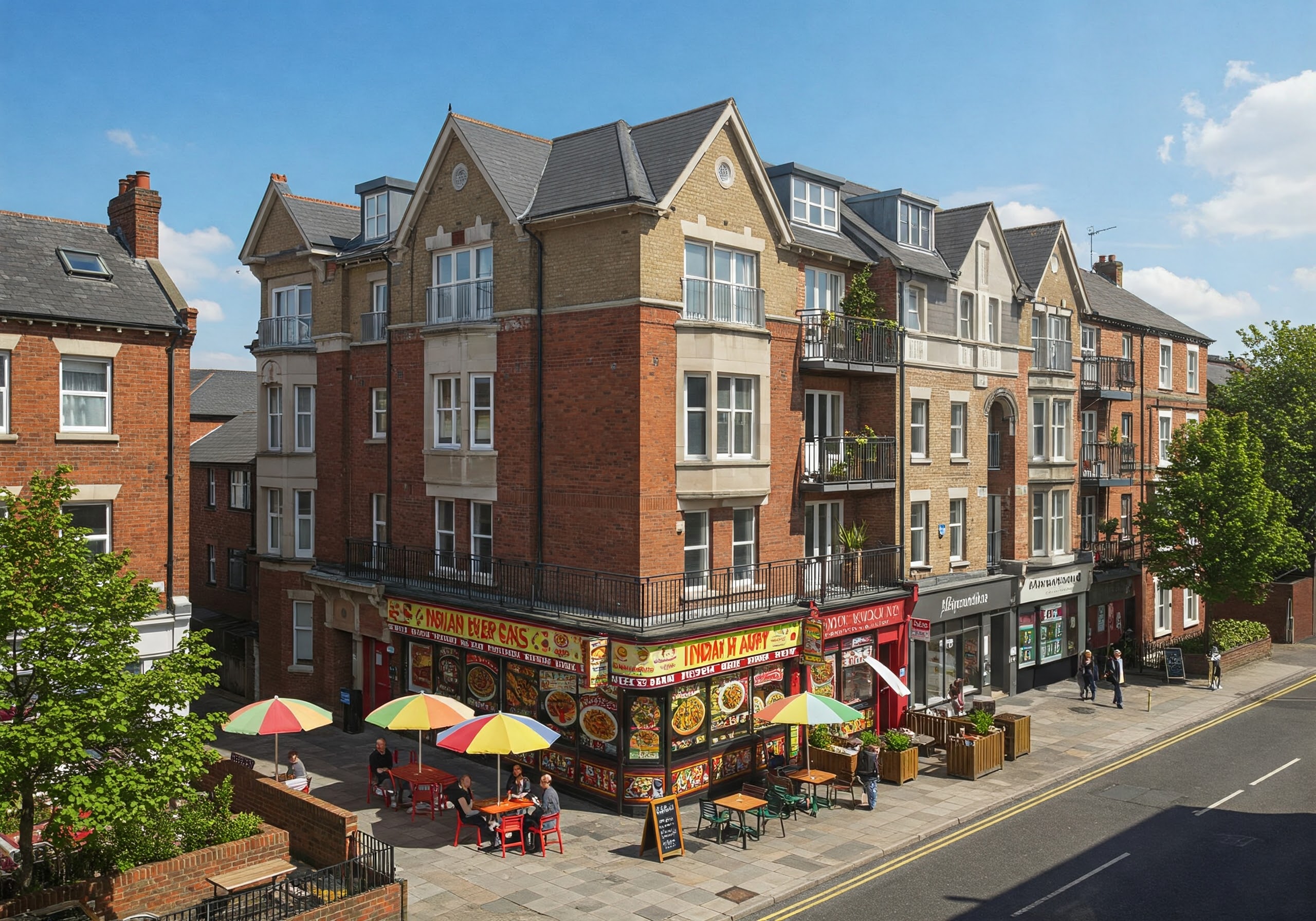
1. What is a mixed-use property, and how does it impact the selling process?
A mixed-use property combines both residential and commercial elements, such as a shop with a flat above. Selling a mixed-use property involves more complexities than selling a single-use property due to differing tax treatments, financing options, and legal requirements.
2. How can I increase the value before selling a mixed-use property?
Enhancing a mixed-use property’s value can involve improving the residential and commercial aspects, securing long-term leases, or applying for a change of use to convert commercial space into residential, which may attract a wider buyer pool.
3. Do I need planning permission to change the use of a mixed-use property before selling?
Some changes, such as converting commercial space to residential, may be permitted under Permitted Development Rights (PDR), while others require a formal Change of Use application to the Local Planning Authority (LPA). Always check local planning rules before making changes.
4. How is a mixed-use property valued when selling?
The valuation depends on the rental income from commercial and residential units, location, lease terms, and potential for redevelopment. A professional valuation is recommended to determine the best asking price when selling a mixed-use property.
5. What are the tax implications of selling a mixed-use property?
Selling a mixed-use property may involve Capital Gains Tax (CGT), Stamp Duty Land Tax (SDLT), and VAT depending on its classification. The commercial element may attract business rates, while the residential part is subject to council tax.
6. Is it better to sell a mixed-use property tenanted or vacant?
Selling a mixed-use property with tenants can be attractive to investors due to an immediate rental income. However, vacant properties may appeal to owner-occupiers and developers who want flexibility. The decision depends on the target market.
7. What financing challenges do buyers face when purchasing a mixed-use property?
Buyers may struggle to secure traditional residential mortgages as lenders view mixed-use properties as higher risk. Specialist commercial or mixed-use mortgages often require larger deposits (typically 25-40%) and may have higher interest rates.
8. Should I sell a mixed-use property through an estate agent, auction, or privately?
The best method depends on your goals. Estate agents can attract a broad audience, auctions provide a quick sale but may yield a lower price, and private sales allow direct negotiations with investors or business owners.
9. How long does it take to sell a mixed-use property?
Selling a mixed-use property can take longer than selling a purely residential or commercial property due to financing difficulties, valuation complexities, and legal requirements. On average, it can take 6-12 months, but auctions may speed up the process.
10. Should I split the title before selling a mixed-use property?
Splitting a mixed-use property into separate residential and commercial titles may increase the total sale price and attract more buyers. However, this process involves legal and planning costs, which should be weighed against the potential financial gain.
Contact us for guidance on selling your home by auction. Request a free pre-auction appraisal – we’ll be happy to help.
Valuation Office Agency (external link)
Find the rateable value of a property in England or Wales, to work out the business rates bill for your property.
Directory of Planning Consultants (external link)
Does your mixed-use property have development, or change of use potential? Find a planning consultant on the the Royal Town Planning Institute website
Guide to selling a house by auction
Explains the stages involved in an auction sale. With information about auction sale costs, timescales and the process for selling at auction.
Carry out improvements before selling?
When selling a property in need of improvement, should I spend money on refurbishment works? Or leave the property as is, and let the new owner take care of improvements?
Poor condition property: Auction VS Estate Agent
The private treaty method of sale isn’t suited to some types of property – it’s inefficient and potentially open to abuse.
Selling a short lease flat
The rules of an auction sale mean that buyers must compete to purchase a property. And the highest bidders offer is legally binding – there is no opportunity for them to reduce their offer.


